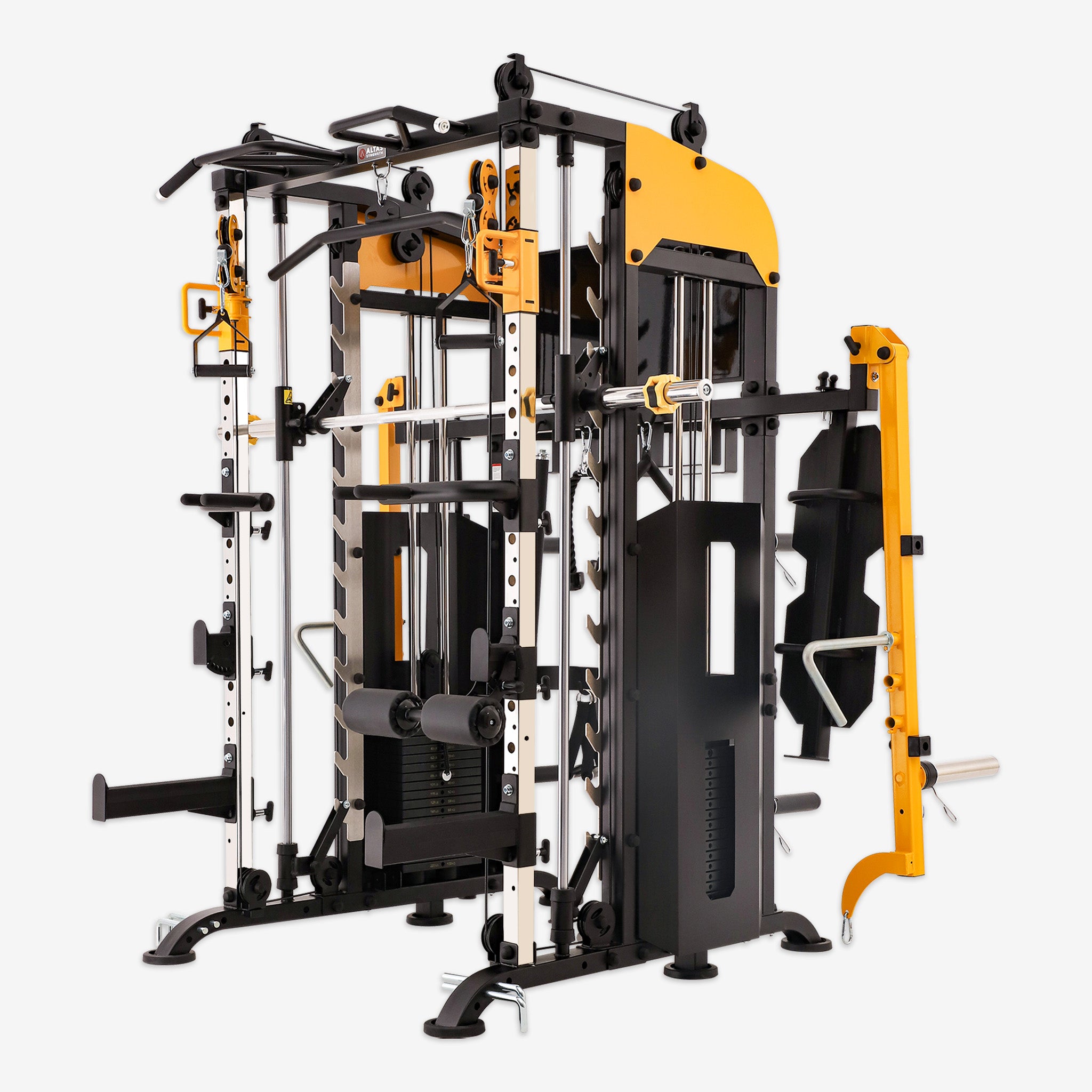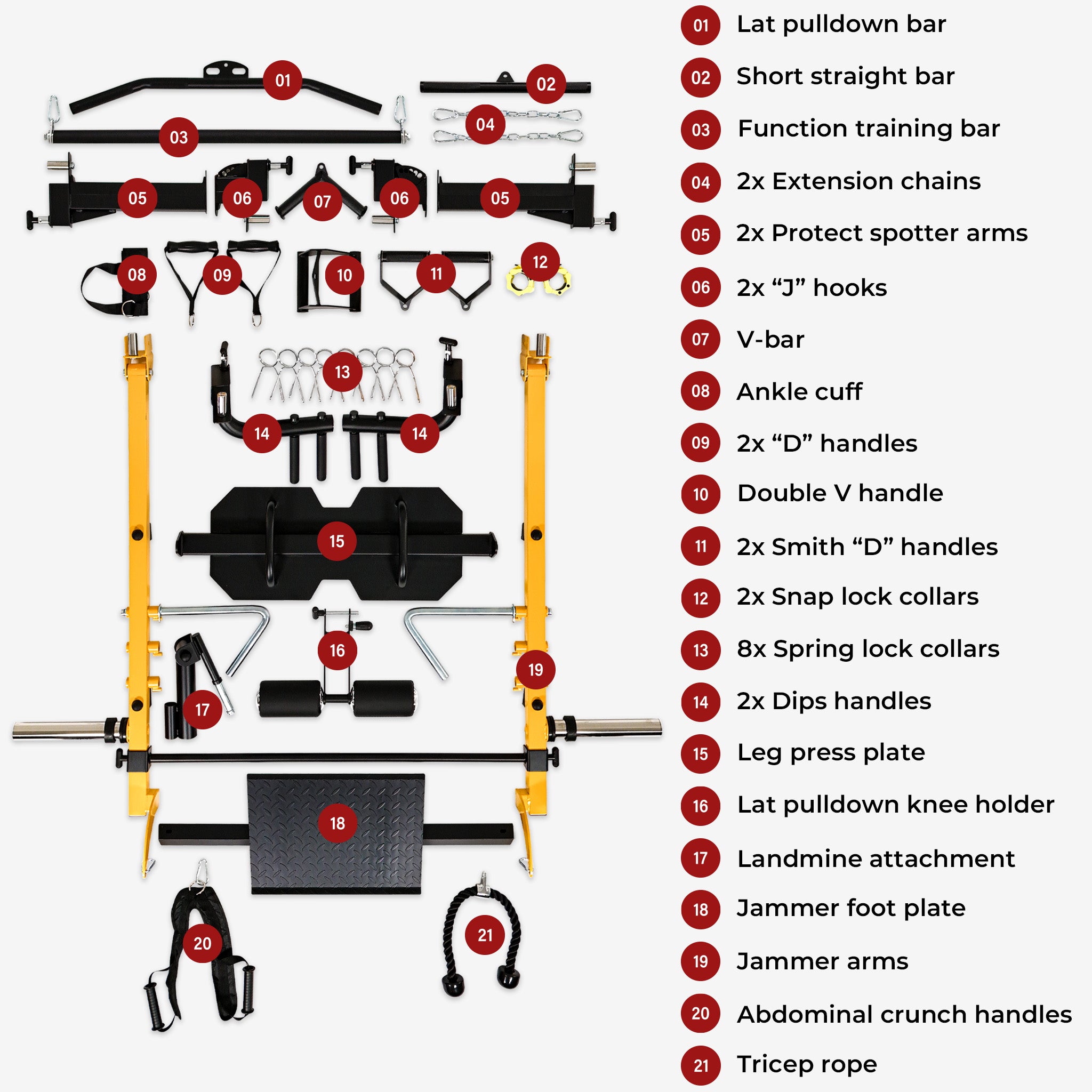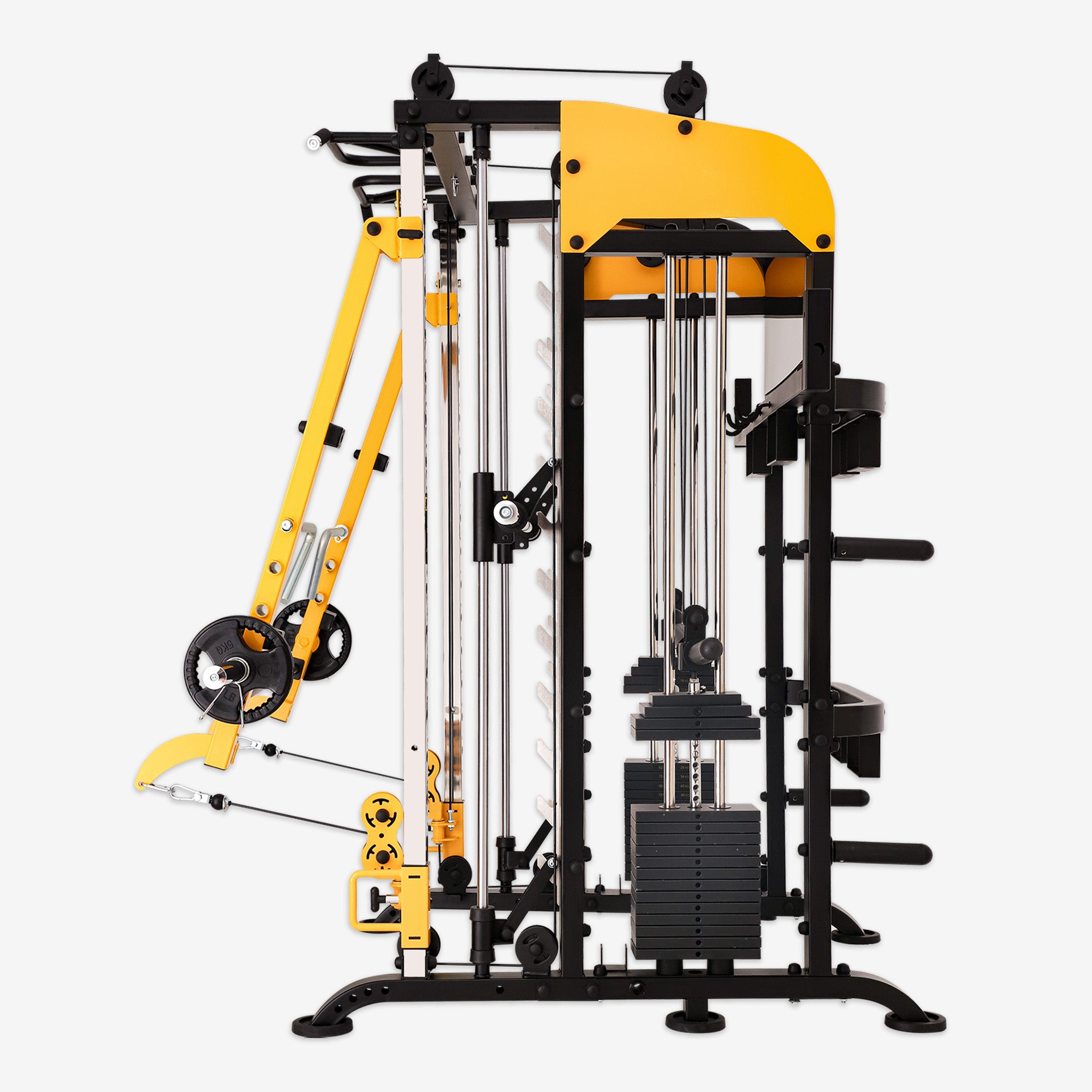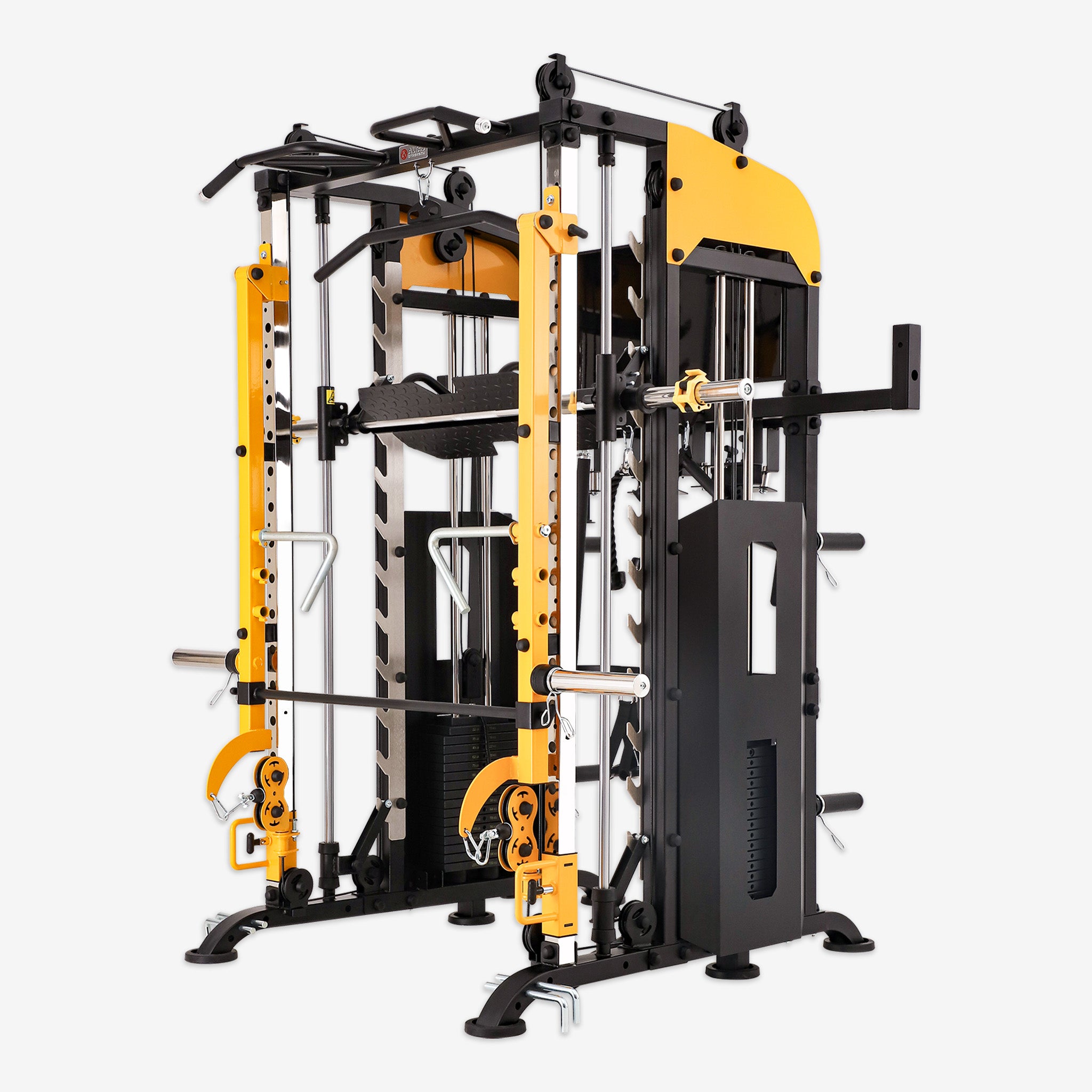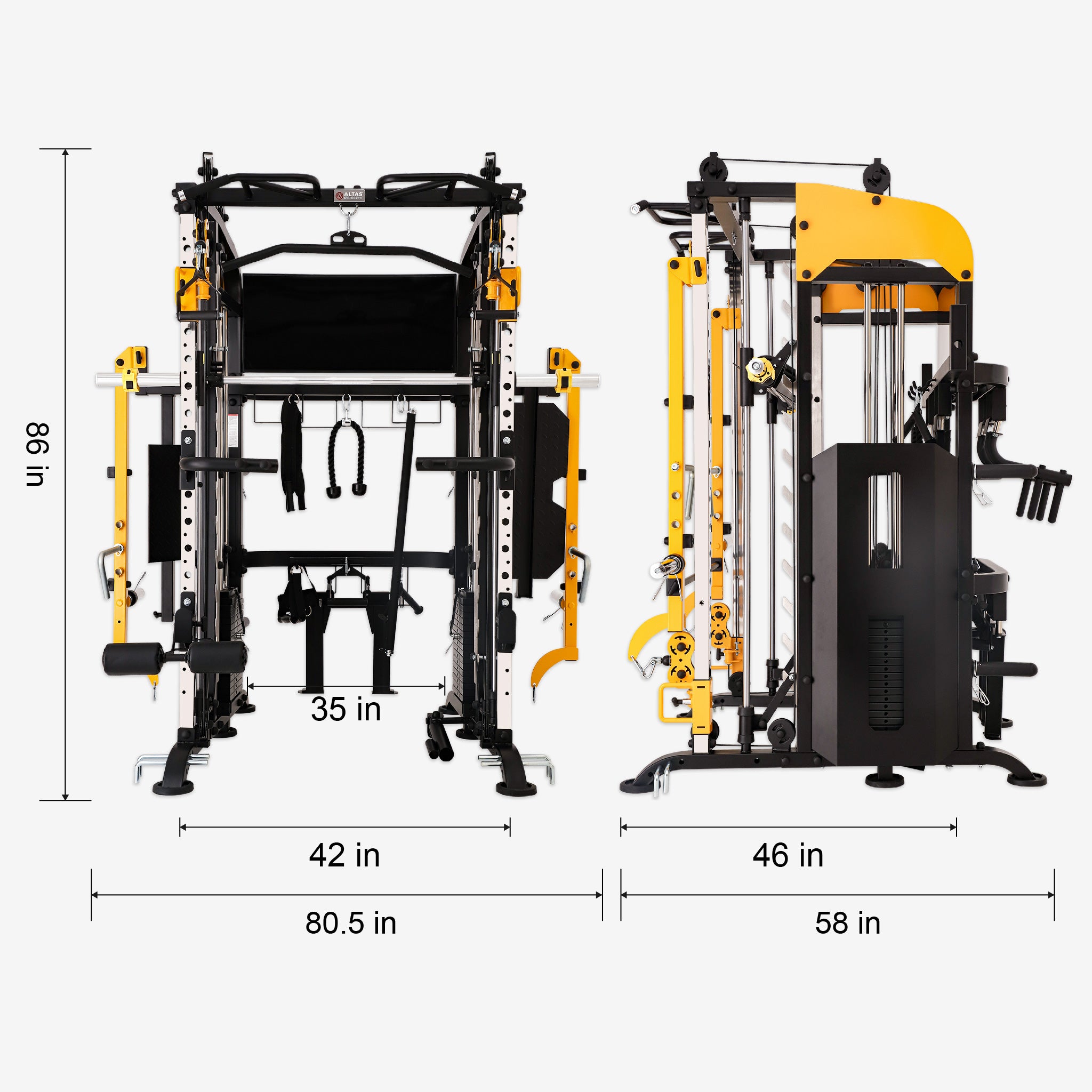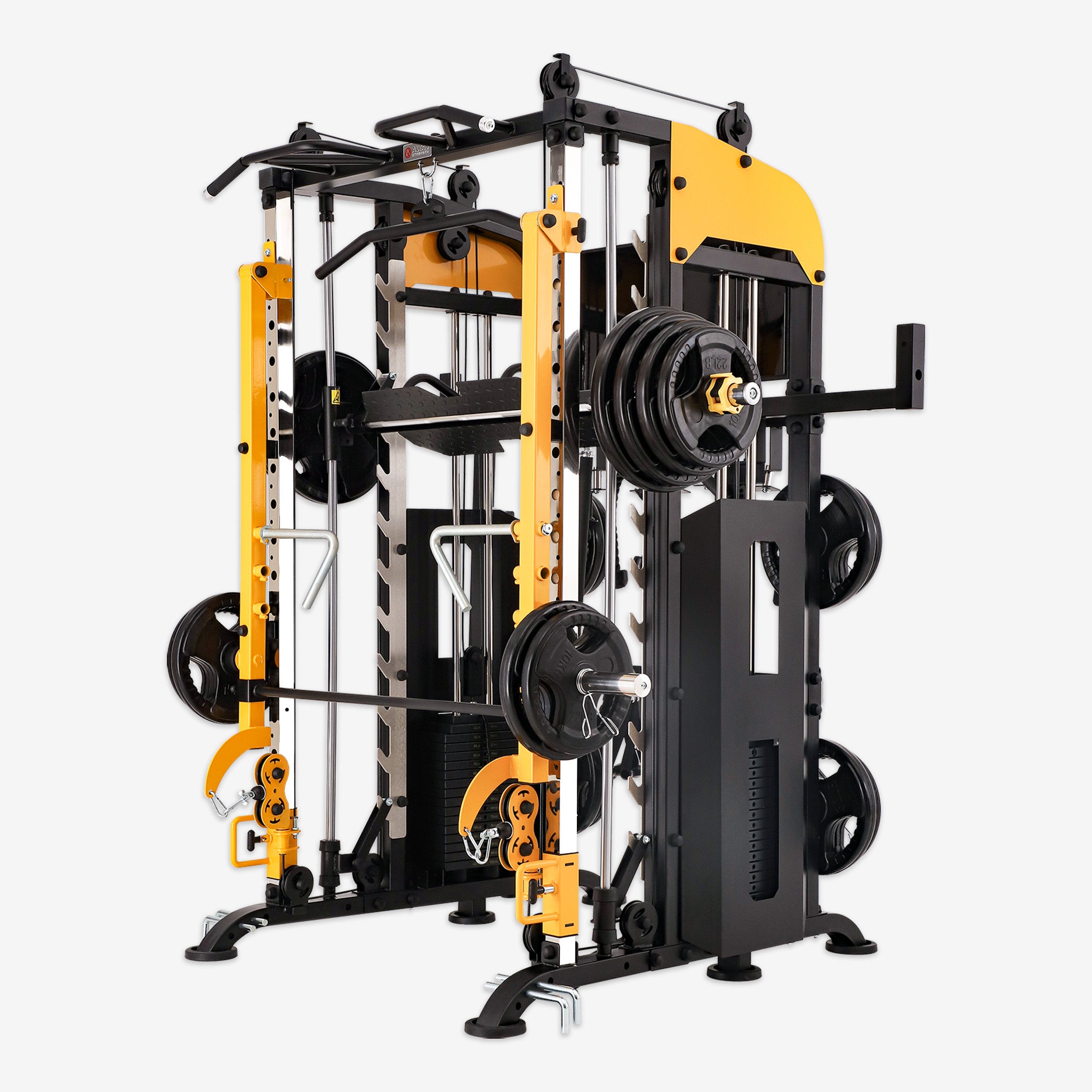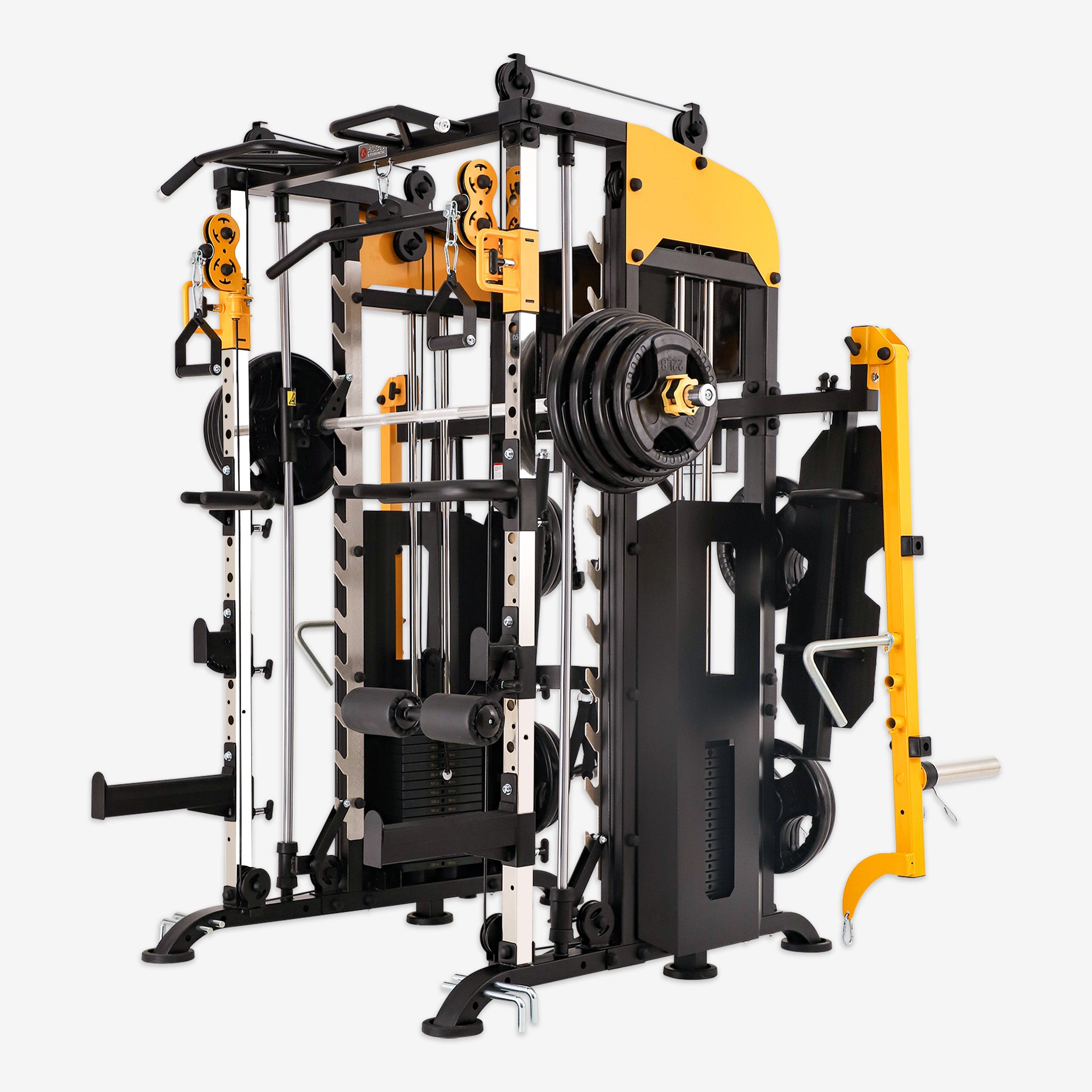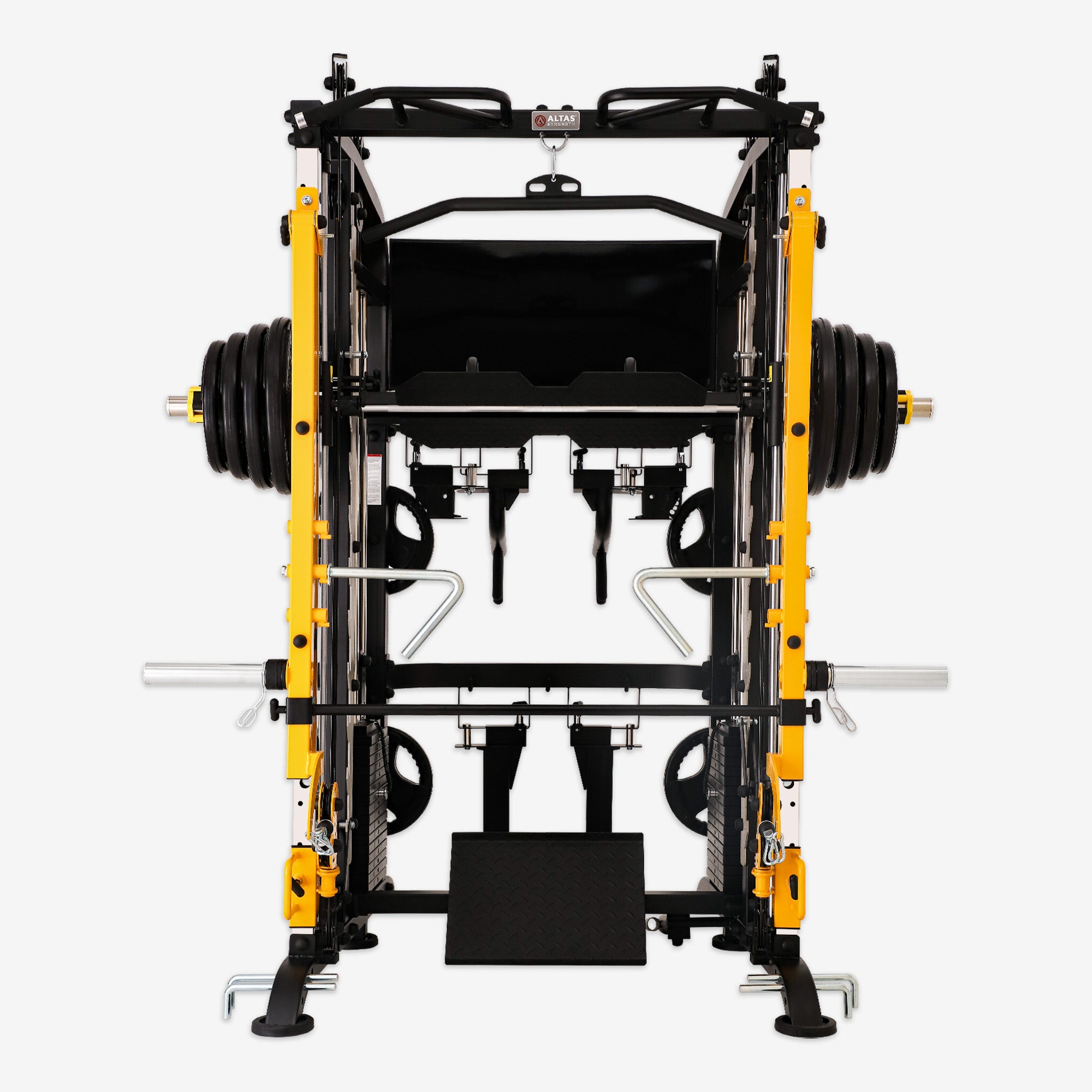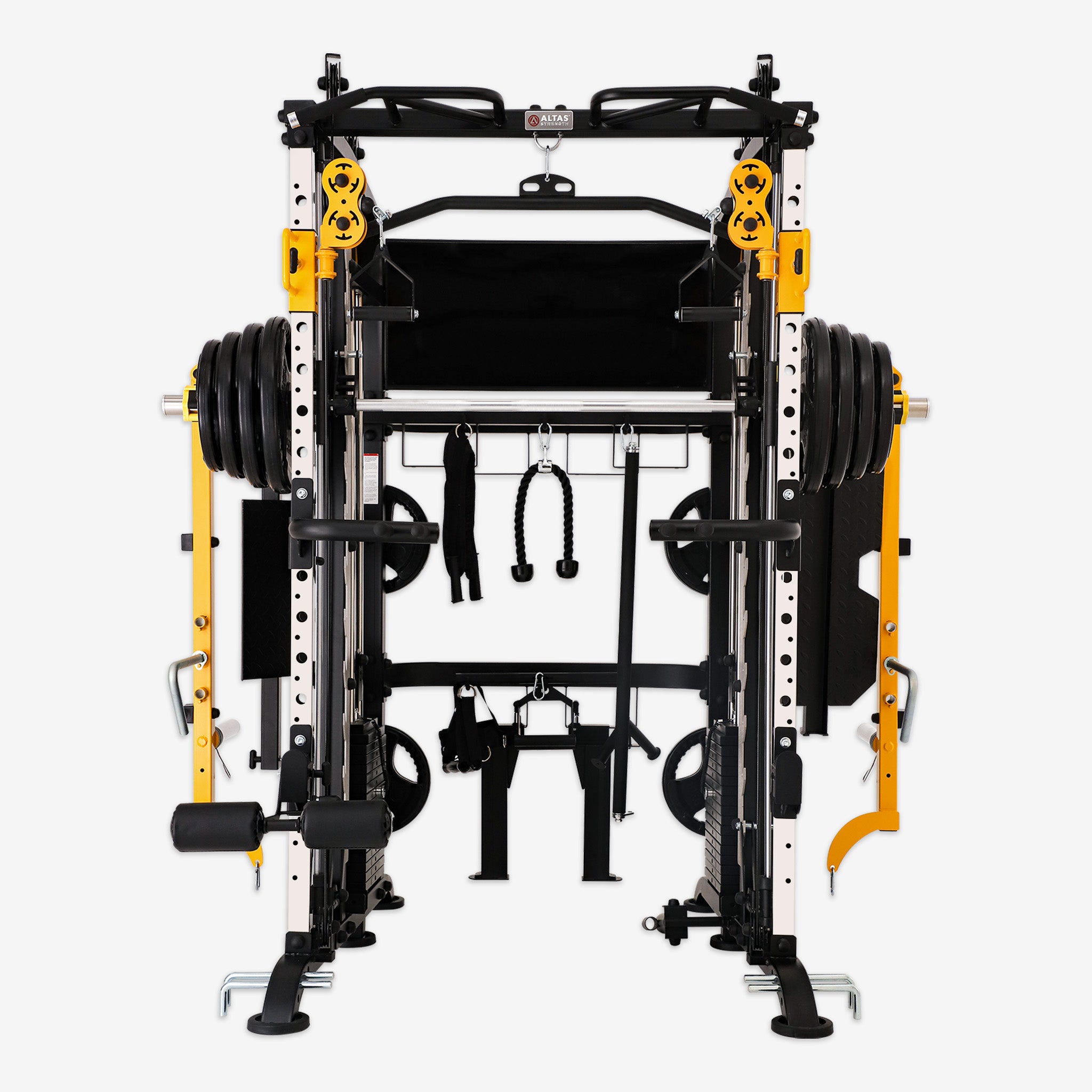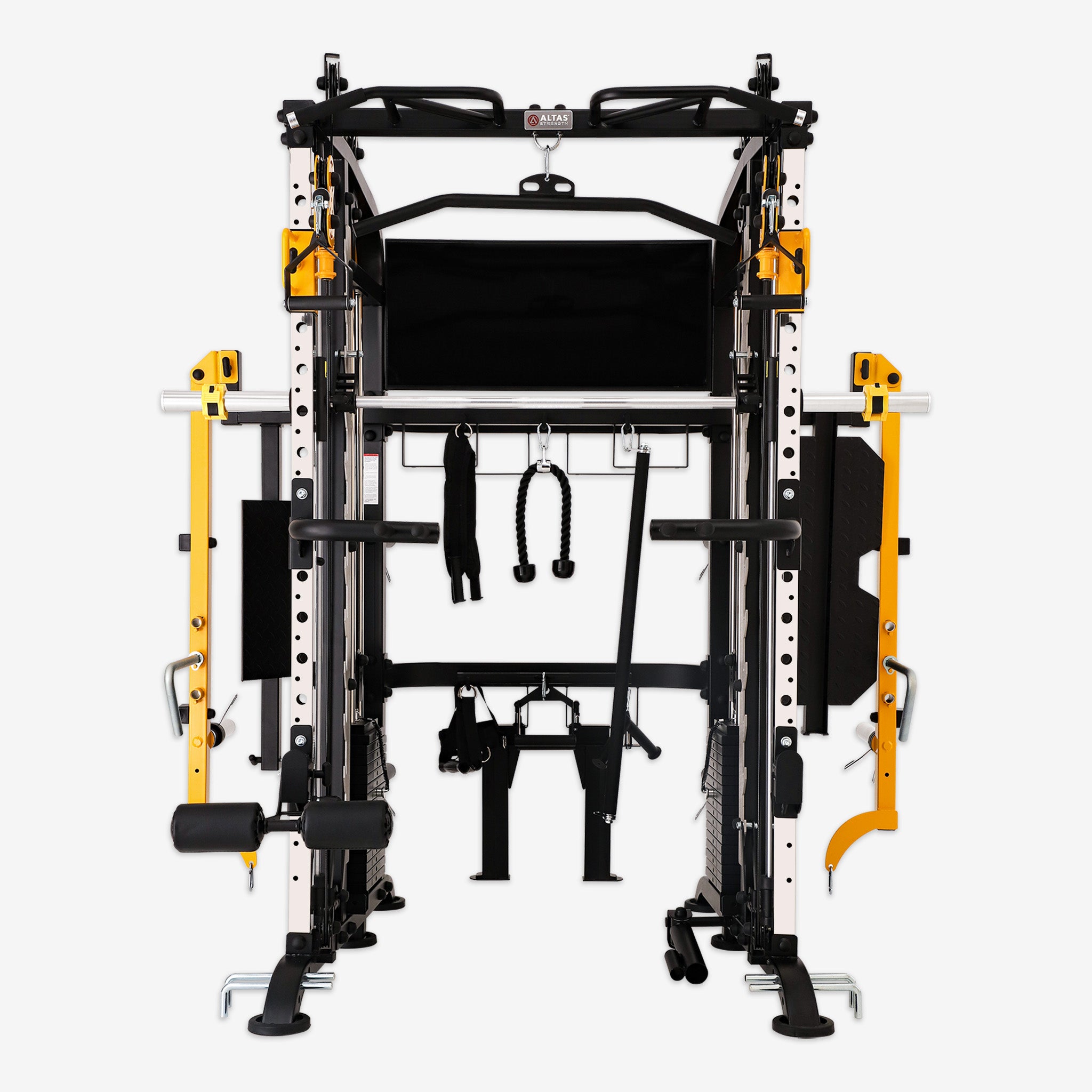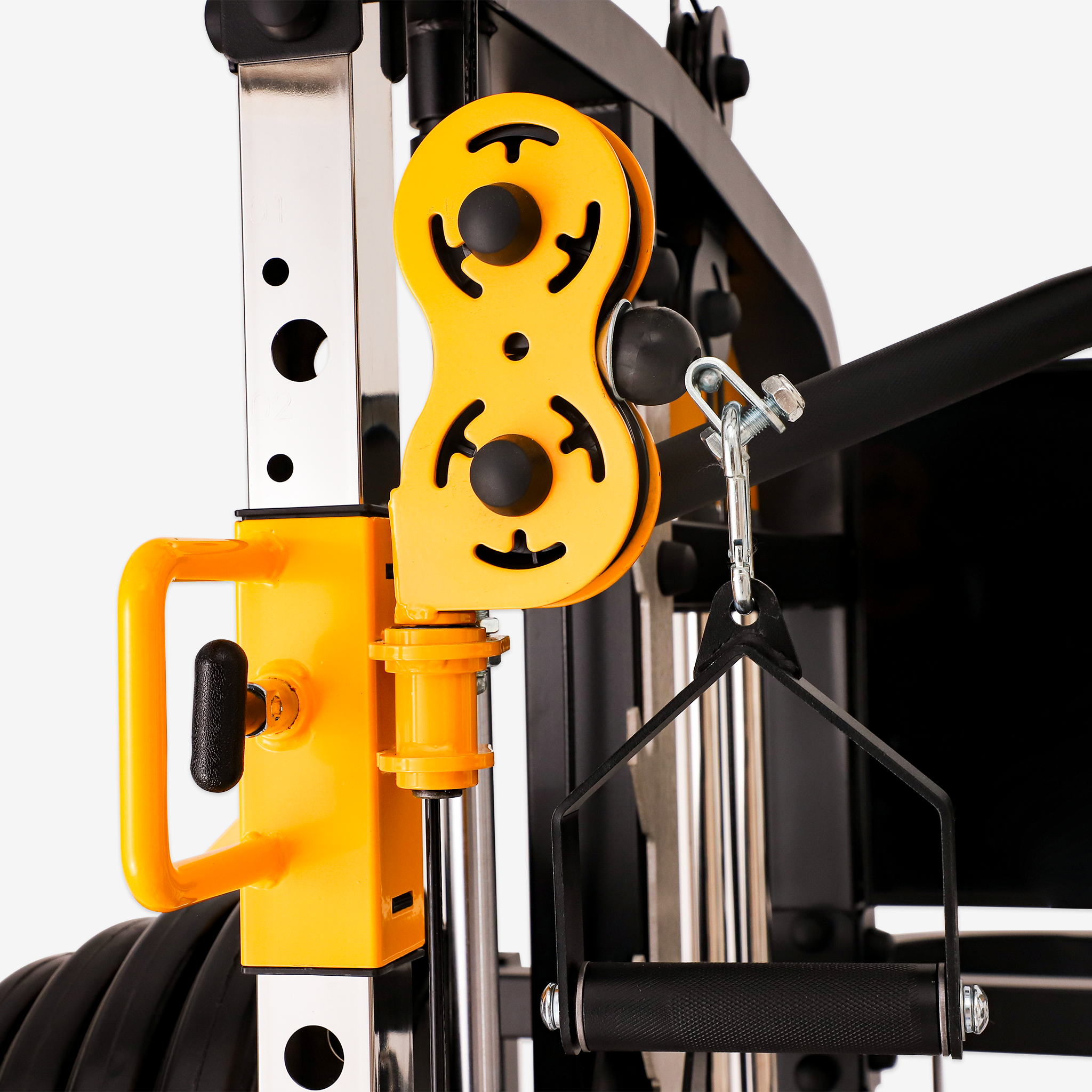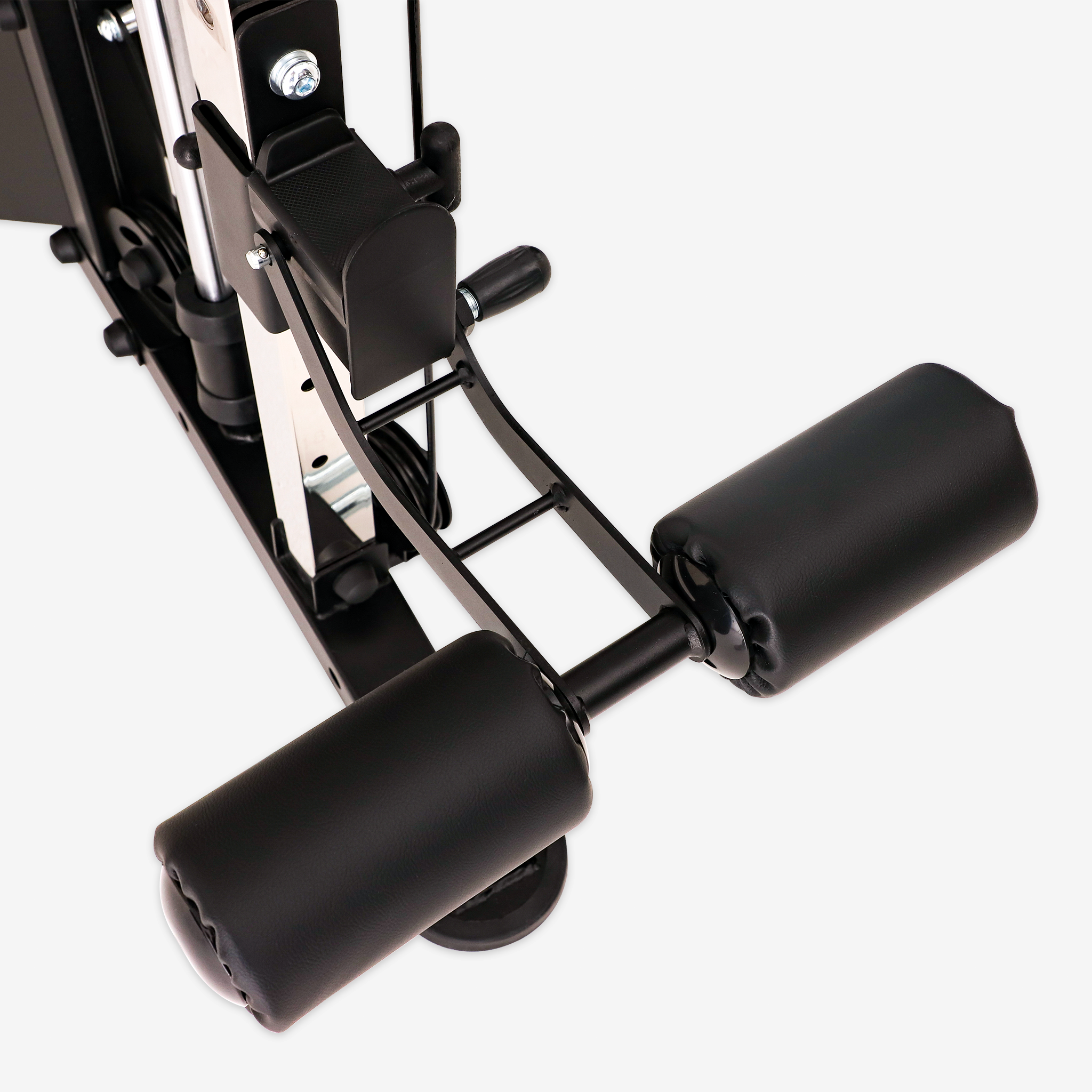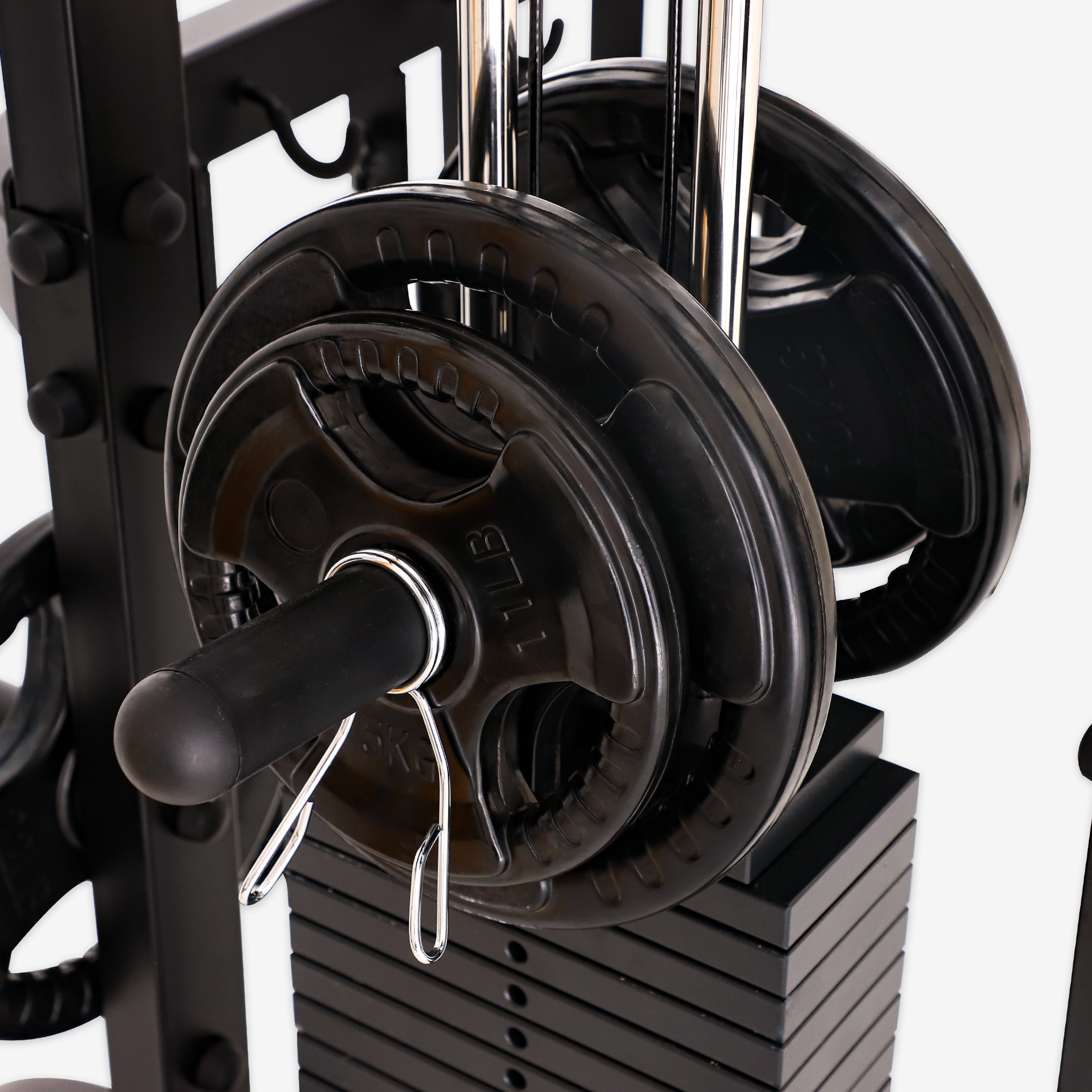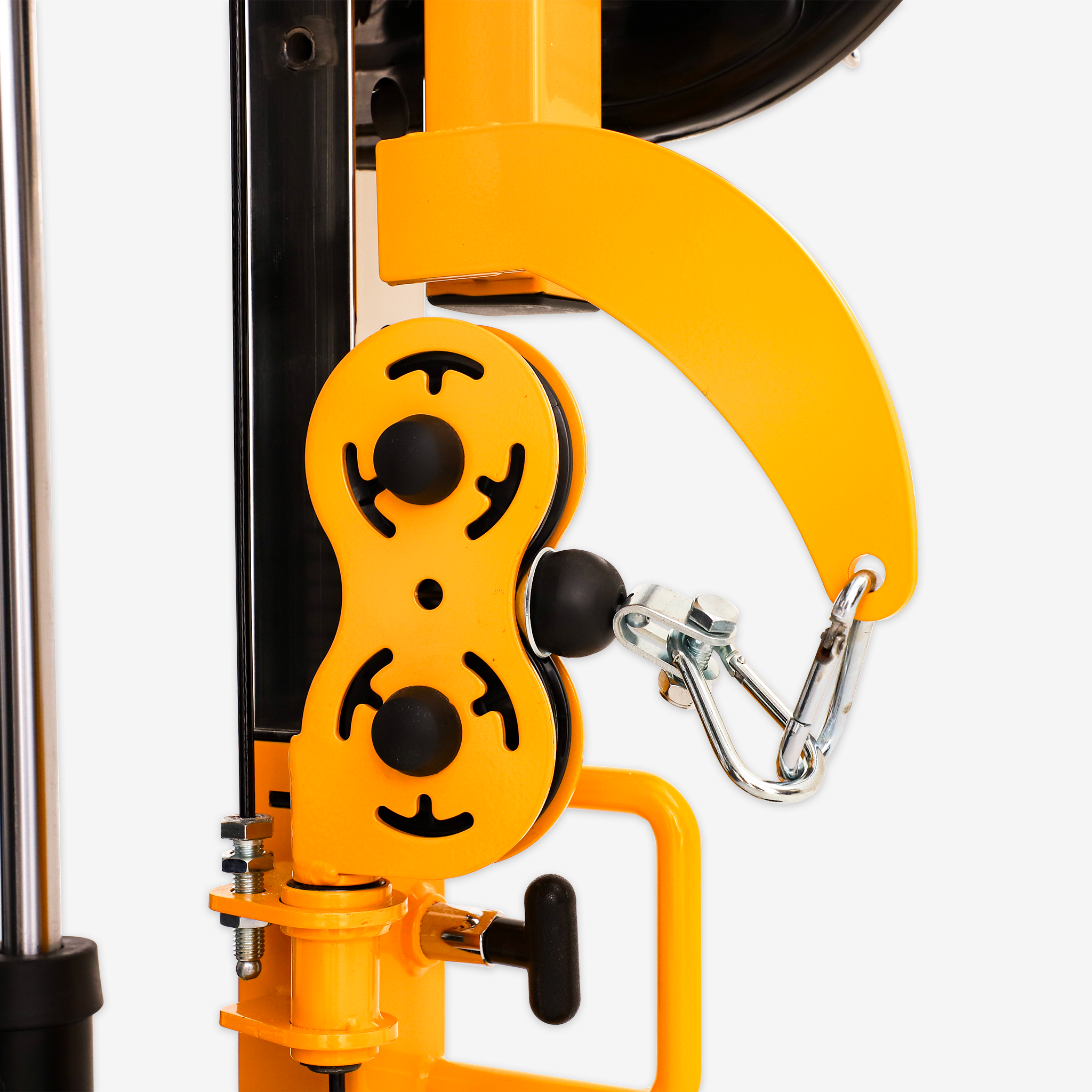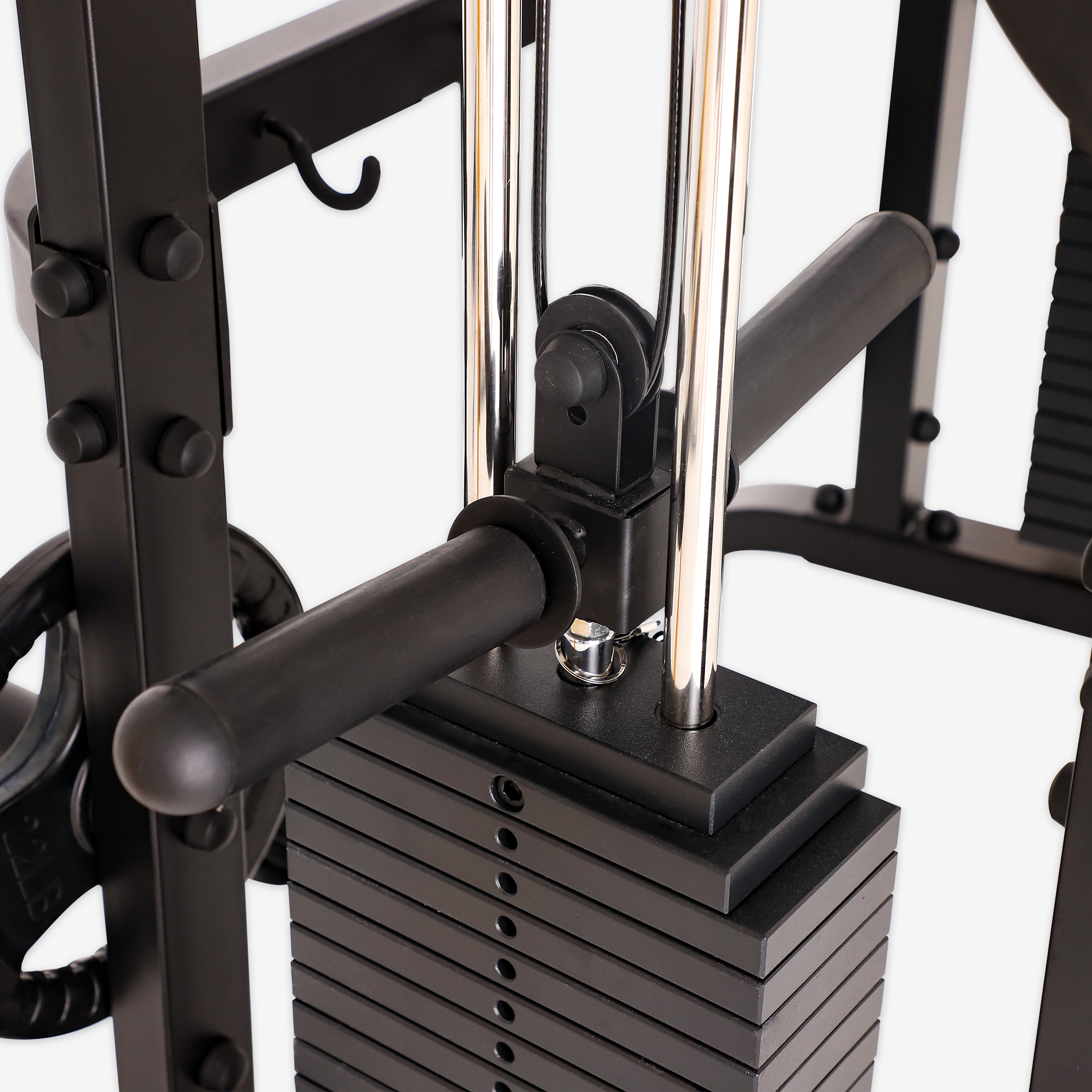In today’s fast-paced world, balancing work and health has become increasingly challenging. Many individuals struggle to find the time for traditional fitness training methods, which often require substantial time investments and carry risks of sports injuries from improper usage. Enter the functional trainer: an innovative fitness solution designed to provide a safe, efficient, and convenient workout experience.
I. What is a Functional Trainer?
1.1 Definition
A functional trainer is a versatile fitness apparatus equipped with advanced technology. It personalizes workout programs tailored to individual characteristics such as age, gender, weight, and fitness goals. Unlike traditional single-purpose gym equipment, functional trainers offer a wide range of training modes, delivering comprehensive fitness results in a shorter time.
1.2 Key Features
-
Intelligence: Functional trainers use sensors and algorithms to monitor physical performance in real-time, adjusting intensity and difficulty for optimal results. They provide data-driven feedback and scientific training guidance.
-
Versatility: These trainers support strength training, aerobic exercise, flexibility improvement, and core stability, all in one device.
-
Portability: Many functional trainers are lightweight and compact, allowing users to train at home, in the office, or while traveling.
-
Safety: Built with protective features like emergency stop buttons and anti-slip surfaces, functional trainers minimize the risk of injury.
II. Application Scenarios
2.1 Home Fitness
Functional trainers bring the gym experience home. Many models feature high-definition screens and interactive tutorials, enabling users to follow virtual trainers. Home workouts save time and cost, making fitness more accessible and enjoyable.
2.2 Office Workouts
Long hours of sitting can lead to health issues. Compact functional trainers, such as resistance bands or foldable treadmills, allow office workers to fit quick, effective workouts into their day, improving energy and productivity.
2.3 Travel Workouts
For frequent travelers, portable functional trainers like resistance bands or mini exercise balls offer a convenient way to maintain fitness. Lightweight and compact, these devices fit easily into luggage and enable workouts anywhere.
III. Benefits of Functional Trainers
3.1 Personalized Training
Functional trainers gather physiological data, including heart rate and muscle condition, to create customized workout plans. Beginners get foundational exercises, while advanced users enjoy more challenging routines.
3.2 Enhanced Safety
Unlike traditional equipment, functional trainers monitor movements and provide real-time feedback to correct form. Features like anti-slip mats and emergency stops add extra layers of safety.
3.3 Time Efficiency
Modern functional trainers integrate advanced training theories, enabling users to achieve in 20 minutes what might take an hour with traditional methods. High-intensity interval training (HIIT) boosts cardiovascular health and burns fat efficiently.
3.4 Flexibility
With functional trainers, users can train whenever and wherever they choose, bypassing the constraints of fixed gym schedules. This adaptability helps make fitness an integral part of daily life.
IV. The Future of Functional Trainers
4.1 Virtual Reality Integration
Future functional trainers may include VR technology, allowing users to experience virtual gym environments and guided workouts. This immersive approach adds excitement and motivation.
4.2 Health Data Synchronization
Integration with wearable devices will enable real-time monitoring of vital signs, providing more precise training recommendations. For instance, trainers can adjust intensity for users with high blood pressure.
4.3 Social Features
Upcoming models may include social interaction capabilities, allowing users to connect, compete, and share progress with others, fostering a vibrant fitness community.
4.4 AI-Powered Coaching
Advanced functional trainers will feature AI-driven virtual coaches offering personalized guidance, real-time feedback, and corrective demonstrations to optimize results.
V. Conclusion
Functional trainers are revolutionizing fitness by offering a personalized, safe, and flexible approach to health and well-being. Their innovative features make exercise accessible and enjoyable for everyone, regardless of lifestyle or fitness level. As technology continues to evolve, functional trainers are set to become indispensable companions in achieving a healthier future.

